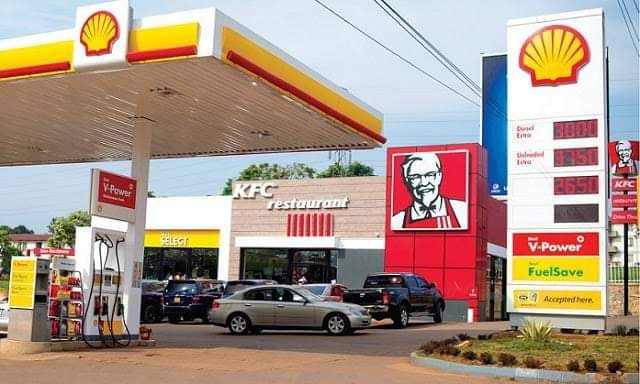
Kampala, Uganda | THE INDEPENDENT | The Uganda National Bureau of Standards – UNBS has warned that the next countrywide inspections of fuel stations for quality will lead to the closure of some stations which will be found to have violated standards.
The UNBS has been periodically carrying out inspections and stations that are found with substandard, poor quality or adulterated fuel usually directed to correct the mishaps, while some pumps are sealed until the proprietors convince the standard’s body that adequate corrective measures have been taken.
Some distribution companies have accused the managers of fuel stations for the adulteration, saying it is never a company policy.
Other forms include; damage or wearing out of tanks at the fuel stations, which can lead to contact between the products in the tank and foreign substances like water. However, the commonest form are criminal acts by handlers along the value chain, especially during transportation.
There have also been reports by consumers of getting less amounts of fuel than they actually paid for at a certain station, despite the fuel pumps having electronic counters displayed, including the cost per litre ad total amounts.
The selling price of a product is supposed to be displayed on the display board by the roadside and must also tally with the quotations on the fuel pump.
The UNBS says many companies or fuel stations have continuously improved the quality of their operations and in 2019, it reported that adulteration rates had dropped to just 1%.
Peter Kitimbo, the Head of the Fuel Testing Laboratory at the UNBS says however, that some stations usually continue with the practice soon after the seals are removed from their pumps, and adds that such will be closed down.
The industry is also faced with the imported of already adulterated fuel especially done along the way, and these perpetrators usually try to beat authorities at checkpoints and therefore smuggle in low quality fuel.
It is common for truck drivers to also divert products to an illegal destination and in such a case, fake an accident or theft. The quality of this fuel can no longer be guaranteed because the whole process is tampered with.
The UNBS says apart from supplying poor quality products onto the market, smugglers also deny government tax revenues.
Valery Okecho, the corporate communications manager at Vivo Energy, distributors of Shell products, says the well established companies that care about their image, have put in place adequate measures to ensure there is no adulteration.
The UNBS has for some years published monthly reports indicating the performance of fuel stations, naming those that have violated requirements during the respective period.
They always look out for pumps whose meters or counters have been tampered with to give customers less than what they paid for, as well as the quality itself.
These have of recent ranged between 60 and 80 out of a total of 1050 stations countrywide, as per the end of September figures at the ministry of energy and mineral development. Kitimbo says they now have mobile labs and the marking system that can test almost all stations in the country within a month.
********
URN
 The Independent Uganda: You get the Truth we Pay the Price
The Independent Uganda: You get the Truth we Pay the Price





